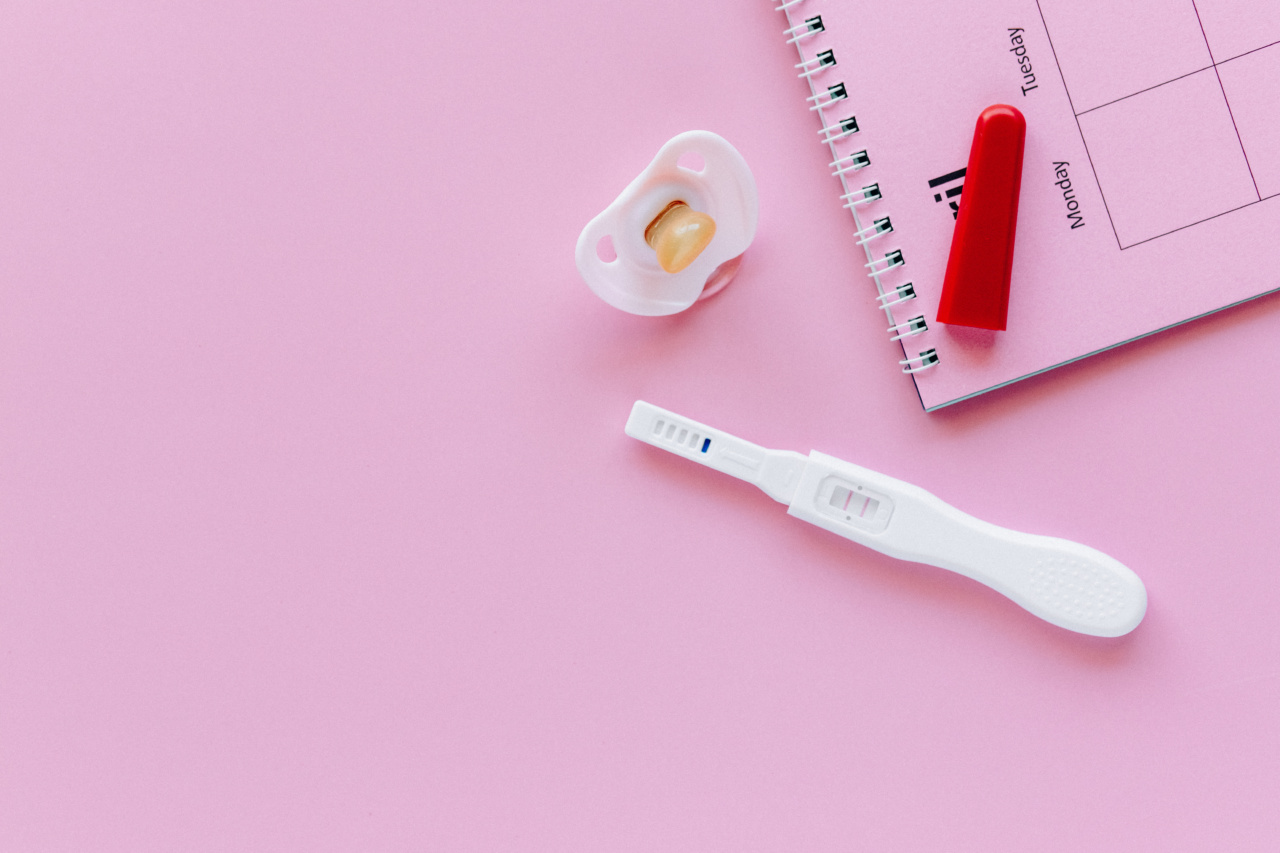Fertility, the ability to conceive and reproduce, is a vital aspect of human life. Beyond the desire to start a family, fertility is also closely linked to overall health and well-being.
In recent years, there has been growing interest in understanding the correlation between fertility and long-lasting health. This article explores various factors that influence both fertility and long-lasting health, highlighting the importance of addressing reproductive health as a key component of overall wellness.
1. The Impact of Lifestyle Choices
Lifestyle choices, such as diet, exercise, and substance use, play a significant role in both fertility and long-lasting health.
A balanced and nutritious diet promotes fertility by providing essential nutrients for reproductive health, such as antioxidants and omega-3 fatty acids. Regular exercise helps maintain a healthy body weight and hormone balance, positively impacting fertility.
Conversely, excessive alcohol consumption, smoking, and drug use can significantly impair fertility and contribute to various health issues in the long term.
2. Hormonal Balance and Fertility
Hormonal balance is crucial for both fertility and overall health. The endocrine system, which regulates hormone production and secretion, directly influences reproductive functions.
Imbalances in hormones, such as estrogen, testosterone, progesterone, and thyroid hormones, can disrupt reproductive cycles and reduce fertility. Additionally, hormonal imbalances may lead to various long-term health conditions, including polycystic ovary syndrome (PCOS) and thyroid disorders, which can impact fertility and general well-being.
3. Environmental Factors
Environmental factors, such as exposure to toxins and pollutants, can have adverse effects on fertility and long-lasting health.
Prolonged exposure to chemicals, pesticides, heavy metals, and industrial pollutants can disrupt hormonal balance and impair reproductive functions. Furthermore, these environmental factors have been linked to an increased risk of chronic diseases, including cardiovascular disorders and certain types of cancer, highlighting the interconnectedness of fertility and long-term health.
4. Stress and Reproductive Health
Chronic stress can negatively affect both fertility and long-lasting health.
High levels of stress hormones, such as cortisol, can disrupt the normal functioning of the reproductive system by altering hormone levels and interfering with ovulation and sperm production. Furthermore, stress is known to contribute to various health issues, including cardiovascular disease, depression, and immune system dysfunction.
Effective stress management techniques, such as relaxation exercises and therapy, are essential for promoting reproductive health and overall well-being.
5. Age and Fertility Decline
Age is an essential factor in both fertility and long-lasting health, particularly for women. As women age, the quality and quantity of their eggs deteriorate, leading to reduced fertility.
Additionally, older women have a higher risk of developing age-related health conditions, such as cardiovascular disease and osteoporosis. For men, age-related declines in fertility may occur due to decreased sperm quality and quantity.
Understanding the impact of age on both fertility and long-term health is crucial for making informed reproductive decisions and prioritizing preventive measures to maintain overall well-being.
6. The Role of Nutrition and Supplementation
Nutrition plays a critical role in reproductive health and long-lasting wellness. Adequate intake of vitamins, minerals, and antioxidants is essential for supporting fertility and optimizing long-term health.
Specific nutrients, such as folic acid, iron, vitamin D, and omega-3 fatty acids, have been linked to improved fertility outcomes in both men and women. Additionally, certain supplements, including prenatal vitamins and fertility-enhancing formulations, can provide targeted support for reproductive health.
7. Regular Health Check-ups and Screenings
Regular health check-ups and screenings are vital for both fertility and long-lasting health. Routine medical examinations allow for the early detection and management of conditions that may negatively impact fertility and overall well-being.
For women, gynecological examinations, including pap smears and fertility assessments, can provide valuable insights into reproductive health. Similarly, men can benefit from regular check-ups that assess reproductive and general health, including prostate screenings.
8. The Importance of Mental Health
Mental health plays a significant role in fertility and long-lasting wellness. Psychological factors, such as stress, anxiety, and depression, can adversely affect reproductive health by disrupting hormone levels and interfering with sexual function.
Additionally, mental health issues have been shown to have long-term consequences, contributing to the development of chronic diseases and reduced quality of life. Prioritizing mental well-being through therapy, self-care practices, and support networks is crucial for maintaining fertility and overall health.
9. Access to Reproductive Healthcare
Access to comprehensive reproductive healthcare is essential for promoting fertility and long-lasting health. Timely medical interventions, such as fertility treatments and reproductive surgeries, can address underlying issues that affect fertility.
Regular screenings for sexually transmitted infections (STIs) and access to contraception also contribute to reproductive health. Moreover, inclusive reproductive healthcare ensures the provision of information, support, and interventions for diverse populations, addressing individual and cultural differences in fertility and overall well-being.
10. The Impact of Reproductive Choices
The choices individuals make regarding reproductive health and family planning significantly impact both fertility and long-lasting health.
Delaying parenthood, the use of assisted reproductive technologies, and the decision to have fewer or no children can have long-term consequences for both individual and societal well-being. Awareness and informed decision-making regarding reproductive choices are crucial for ensuring the best outcomes for fertility and overall health.





























